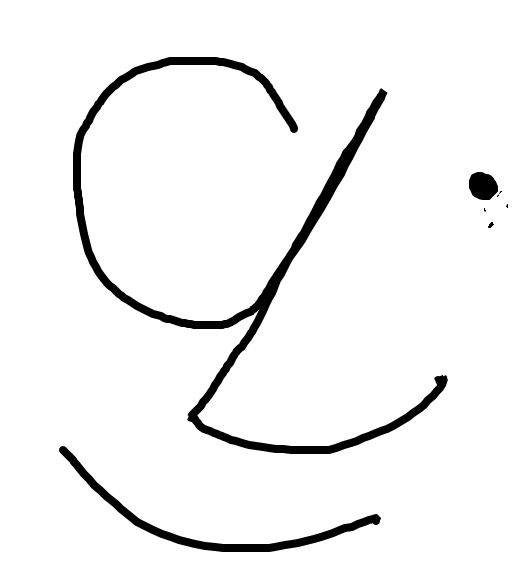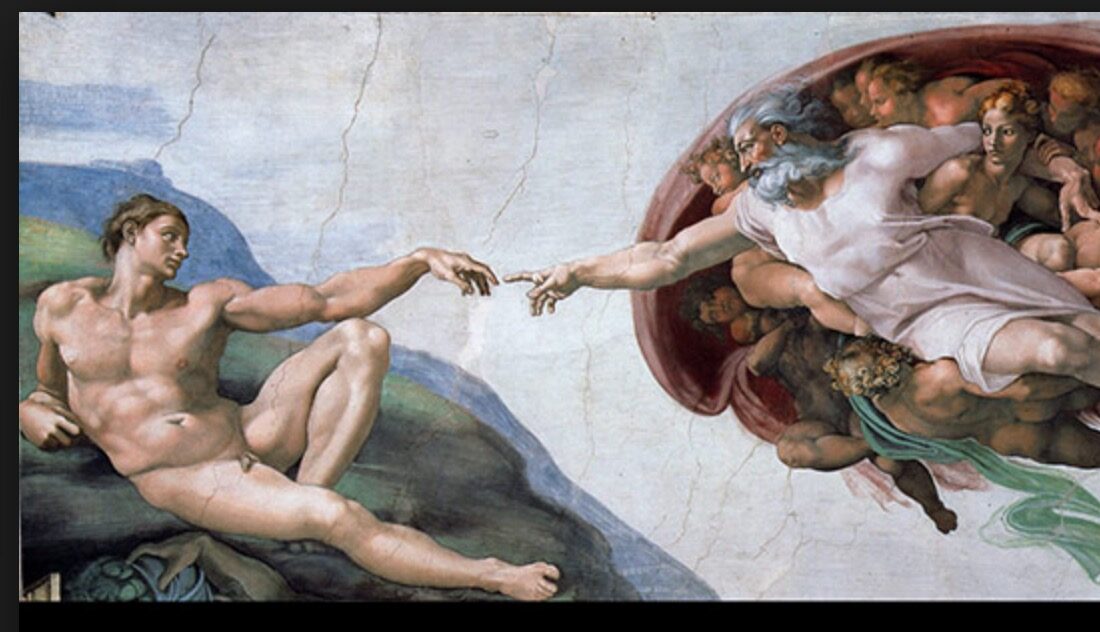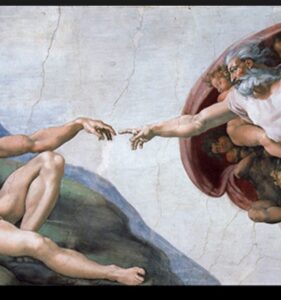Having reached the end of my career, I would like to share my thoughts and questions about what has guided me for 44 years.
I was lucky enough to meet the man who taught me my profession and revealed my vocation as a teacher: Jacques Chapuis. I’ll always be grateful to him for introducing me to the Willems® pedagogy, which I’ve practised throughout my career, first as a teacher and then as a teacher trainer.
The first book I read on the subject was co-written by Jacques and Béatrice Chapuis: “Sur les pas d’Edgar Willems, une vie, une œuvre, un idéal”. Jacques Chapuis insisted a lot in his courses on this ideal objective. The musical ideal and the human ideal.
So what is an ideal?
A few definitions gleaned here and there:
- Exists only as an idea, a concept of thought, a speculation, and not in reality: The ideal society described by Plato in the “Republic”.
- …
- That which is conceived and represented in the mind without being or being able to be perceived by the senses.
- That which achieves all the perfection we can conceive or desire.
- What we represent or propose to ourselves as a perfect type or absolute model (in the practical, aesthetic or intellectual sphere).
- What would give perfect satisfaction to the aspirations of the heart or mind.
- That which is conceived by the mind, which has the character of an idea: The straight line is an ideal line.
From this short list, it is clear that the ideal is abstract, not real, and that it can provide a direction, a quest for perfection. So can we embody an ideal? No, because it lies in the idea we have of it.
Can we pursue an ideal? Undoubtedly, by striving for perfection.
So can we be perfect? I don’t think so.
And yet, if I achieved perfection in my field, what satisfaction would I have? And what would become of my goal?
I can’t answer these questions, as I’ve never achieved perfection in my field.
On the other hand, I can clearly see the dangers of such a quest.
First: the frustration of permanent dissatisfaction. Because in reality, the ideal is by its very nature unattainable.
To live in constant pursuit of the ideal is to live in constant failure. And that’s unbearable!
Secondly: the risk of being constantly judged by those who claim, or imply, that they have mastered their field to perfection. Because if someone is perfect, then they are superior to others, and risk wielding absolute power.
So I think it’s more reasonable to promote a path that is accessible to everyone, and fully achievable in practical terms.
What does this have to do with education?
There can be confusion between an ideal that inspires a commitment to humanist education through music, and a quest for perfection on a daily basis that leads to permanent dissatisfaction.
The ideal may lead us to give the best of ourselves in the moment, and to lead our students in the same direction, but it must not lead us to judge ourselves or our students if this best of ourselves is not perfect.
The quest for ‘excellence’ can lead to such a drift, one of the consequences of which is the promotion of an elite who have the power to ‘know how to achieve the ideal’…
There’s a simple way to avoid this: set the bar for our objectives at a height that we can pass over without pain, and don’t force ourselves to reach an ideal by believing it to be attainable. This applies to ourselves as well as to our pupils and students.
Let’s leave the ideal for the future, and live happily in the present!


